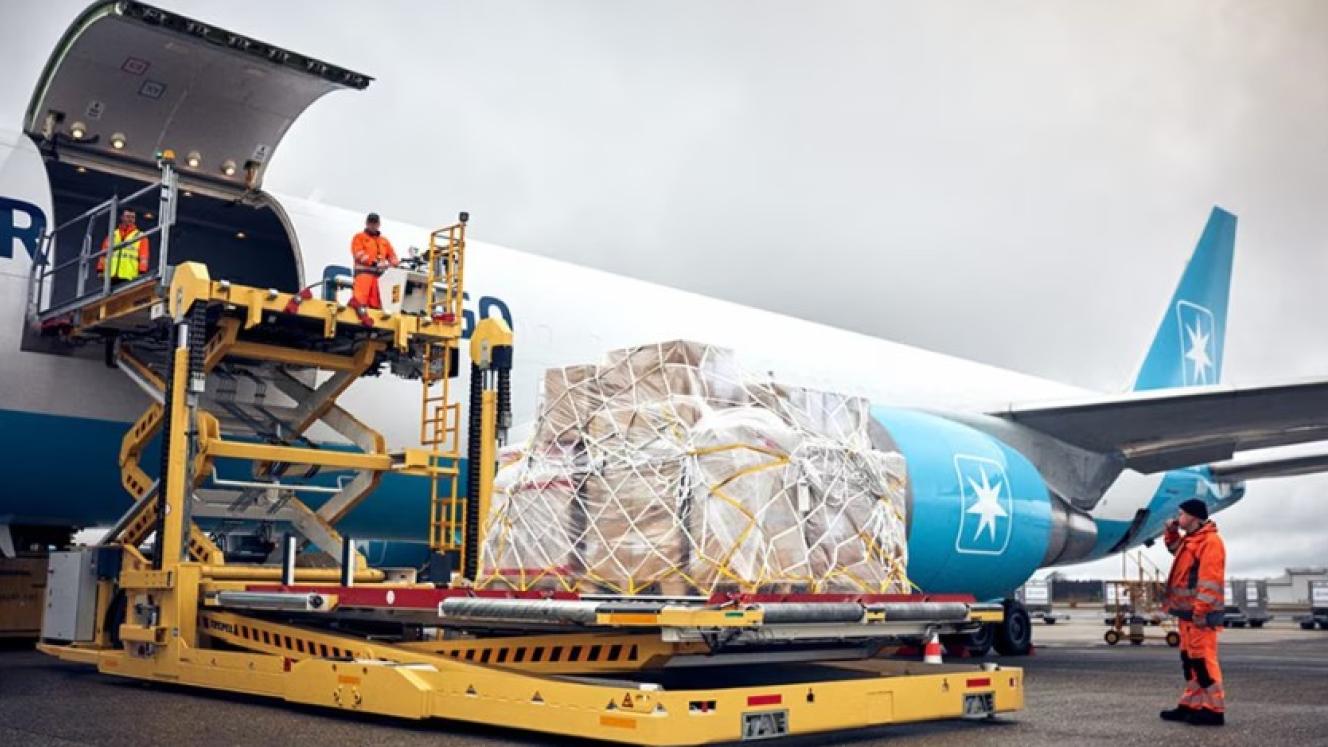Five years since the first Kenyan-designed and manufactured vehicle – the Mobius - rolled off the production lines, the company has placed South Africa and the SADC region on its expansion agenda.
But thanks to Covid-19, no timelines are yet available.
The Mobius was specifically designed to deal with African terrain at a price point NGOs and smaller companies can afford, says Mobius Motors founder Joel Jackson.
“Despite the presence of many major automotive manufacturers in Africa, no African motor vehicle brand has ever been able to break into the market with vehicles specifically designed for the continent’s unique challenges,” he adds.
And the challenges facing would-be contenders in the automotive manufacturing space are significant. “They range from rand weakness and imported parts and technology to relatively low volumes compared with developed markets, a lack of brand history and recognition among the public, and a lack of a fully developed local value chain.”
None of which held back Jackson who describes the vehicle as an “SUV that can handle anything the continent can throw at it” at a price point equivalent to the average used sedan.
He founded Mobius Motors in 2011 and the first-generation vehicles rolled off the production line in 2015. Version II, with product feedback from customers folded into the design process, launched in 2019.
So how did a young man from Sheffield in the UK who graduated from Imperial College in London with a first class computer science degree end up taking on the African automotive market? An assignment as a management consultant with rural farmers involved in a micro-forestry enterprise in Kenya led Jackson to consider the inhibiting effect a lack of appropriate mobility was having on the local economy.
The prototype of the stripped-down vehicle, which would become known as Mobius I, was first developed in the informal mechanic workshops of Kilifi, north of Mombasa on the Kenyan coast. From there, the R&D process grew to transforming the traditional concept of a vehicle to become a tool for scaling small enterprises and the reach of basic services in both the public and private sectors.













